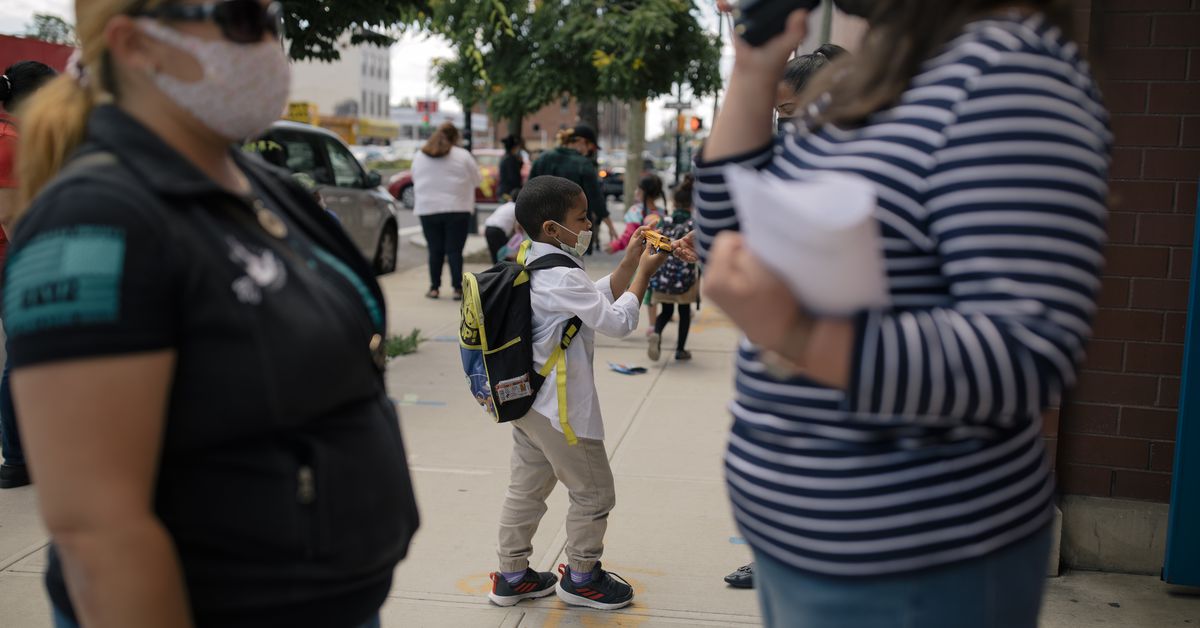$300,000 grant to Portland targets pandemic-related education issues
PORTLAND — Officials are welcoming a $312,000 grant in COVID-19 emergency relief funds.
Portland was one of nearly a dozen towns in the 33rd state Senate district who were awarded funding under the federal Elementary and Secondary School Emergency Relief Funds.
In all, the state received $492.43 million in Elementary and Secondary School Emergency Relief Funds.
Of that total, more than $3.651 million was allocated to local schools in the 33rd district, officials said.
The grant awards were announced by state Sen. Norm Needleman, D-33.
Among other neighboring towns that are receiving funding are East Haddam and East Hampton.
Needleman said he was “excited” by the allocations, noting that “The COVID-19 pandemic has only further exposed some educational gaps and disparities we’ve long known about.”
“I’m really happy that students who experience additional hardships will have increased resources and abilities to succeed in the classroom,” he said.
“I’m excited and very pleased,” First Selectwoman Susan S. Bransfield said about the award.
“I know our schools have many needs, and $312,041 is a substantial amount of money.
‘I know it can help address a lot of those needs,” she said.
“I am very grateful to our representatives on both the state and federal level who made this award possible,” Bransfield said.
State Rep. Christie Carpinom R-32, said she also welcomed the funds.
“Many of our children have struggled with the sudden changes in their schools,” Carpino said.
“This money will allow decisions to be made at the local level that will have the greatest impact on our students,” she added.
The money is intended to be used, officials said in a statement, to “reducing educational disparities among students that have been further exacerbated from the pandemic, with possible uses including additional classroom supports, intensive tutoring and enhanced summer school programming.”
In a statement released by Needleman was a list of approved uses of the funds.
The uses include: coordinating improved COVID-19 response, prevention and preparation efforts; addressing learning loss among students, including groups seen to experience increased learning loss ; addressing individual schools’ needs; improving sanitation on school campuses; and improving indoor air quality in schools while reducing risk of environmental health hazards, among others.
“Our federal delegation deserves praise for its success in bringing this support to Connecticut,” he said.








